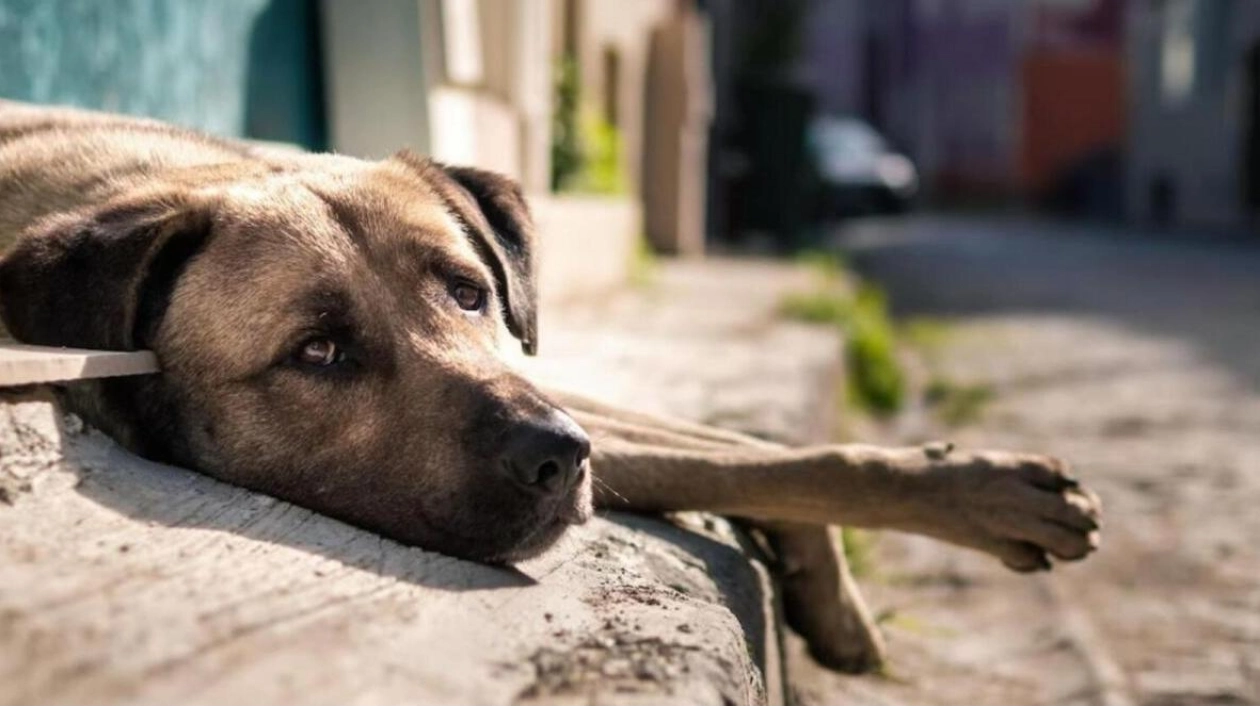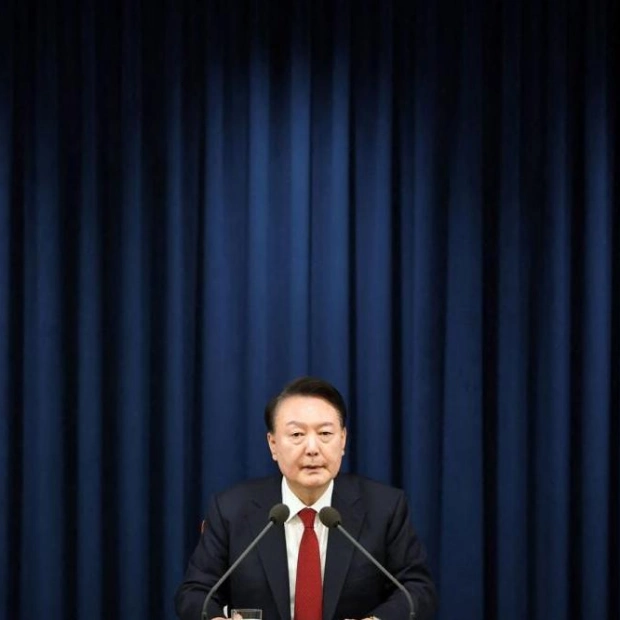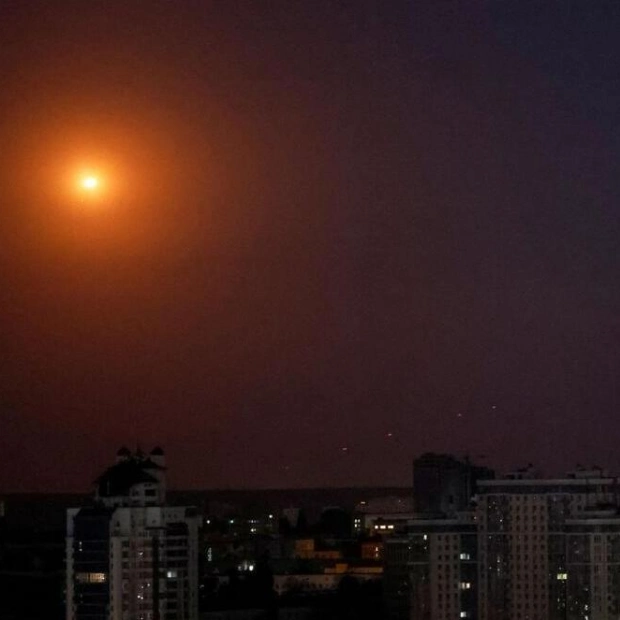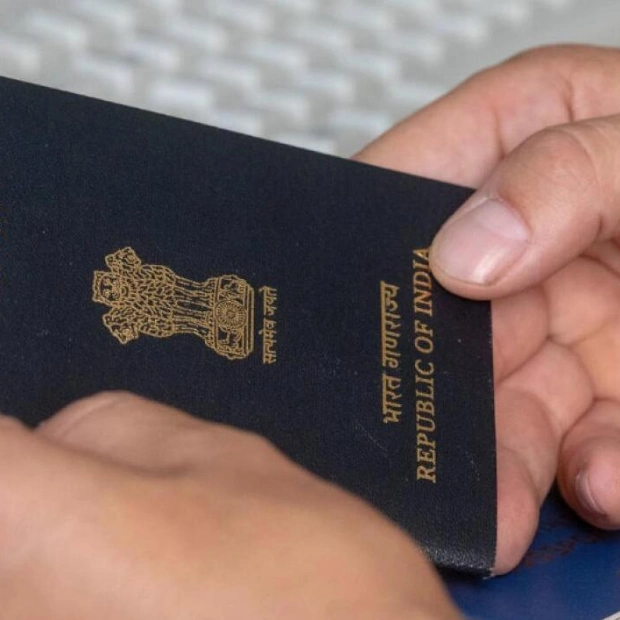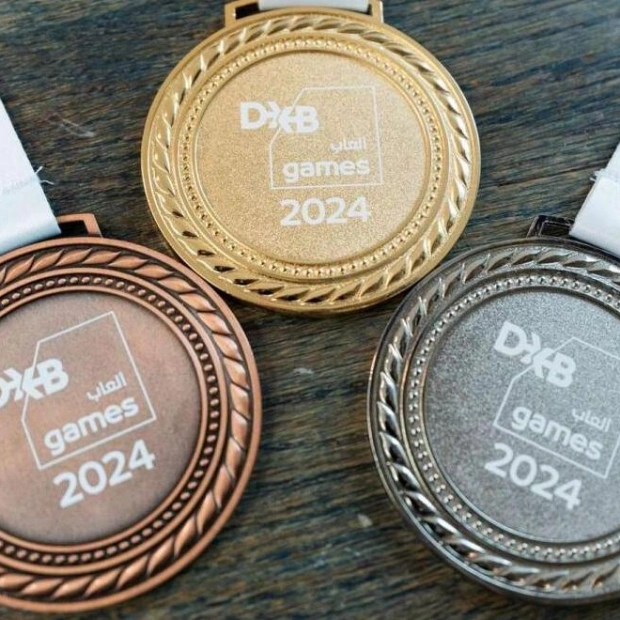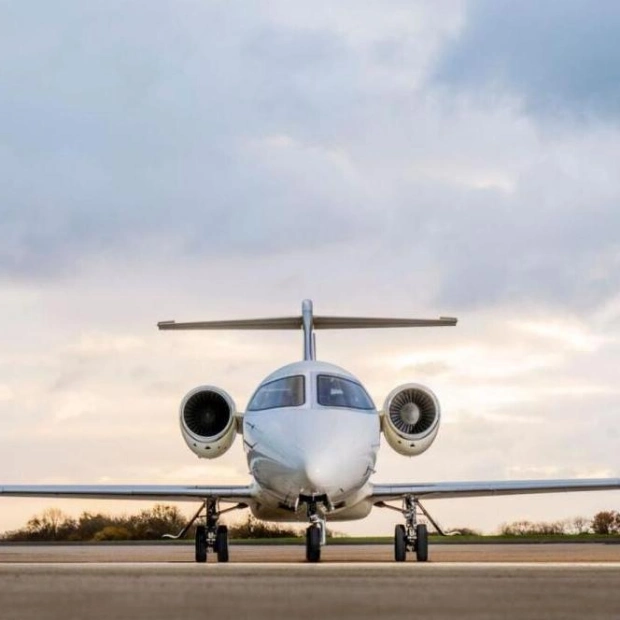The emotional impact of losing a pet can be profound, as these furry companions often leave a lasting imprint as they serve as loyal friends to humans throughout their lives. Following the death of a pet, many owners may seek to remain close to their animals or preserve some part of them. This often leads to considerations about burial. According to the Dubai Municipality, burying animals in the country is not allowed. Mike O'hara, owner of Mike's Vet in Dubai, discussed with Khaleej Times the ambiguity surrounding the burial of animals on private property.
"While it's unclear, it's recommended not to bury animals on your property due to the potential for disease spread and the hygiene concerns it could pose for neighbors," O'hara explained. From a legal standpoint, animals in the UAE are typically cremated. There are various types of cremations available, each with its own associated cost. Here are the options provided to residents when they need to say goodbye to their pets.
Once a pet passes away, residents should contact a clinic to proceed with the cremation process. According to O'hara, there are three main options available to owners: Municipality disposal, where the pet is handed over to the municipality for mass cremation with other deceased animals; shared cremation, where multiple pets are cremated together and owners can take a portion of the ashes; and separate cremation, where the pet is cremated individually and the owners have the choice to take the remains.
The cost of cremation varies based on the weight of the pet. For example, the cost for a cat under 5kg could range from Dh700 to Dh900, while a pet between 5-10kg might incur an additional Dh100. For pets weighing between 10-25kg, the cost could be between Dh1,400 and Dh1,500. Separate cremations for pets up to 30kg can range from Dh2,300 to Dh2,700, and if the owner opts not to take the remains home for a pet up to 40kg, the cost is halved.
Transporting deceased pets abroad for burial is against the law, as strict regulations in most countries prohibit the movement of deceased animals. In cases where pets need to be euthanized due to accidents, incurable diseases, or old age, O'hara believes it is the most humane option to prevent further suffering. The process typically involves sedating the animal to ensure they feel no pain during euthanasia, followed by administering a drug to stop the heart. The cost for this procedure, including disposal by the municipality, typically ranges from Dh400 to Dh500 for smaller animals like cats.
